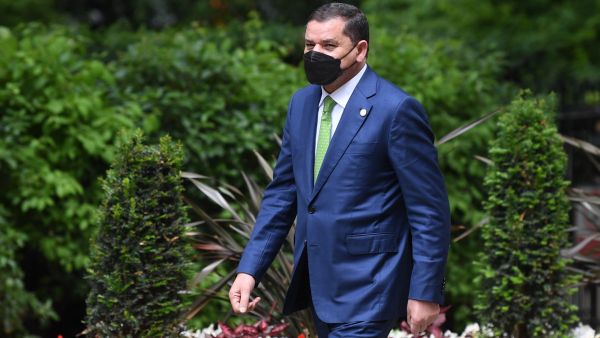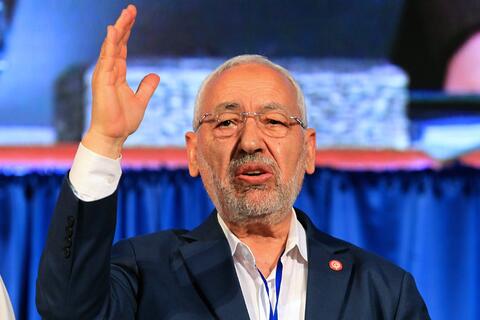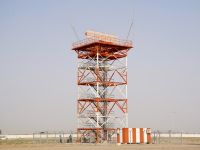Since the beginning of the Tunisian political crisis of relations with neighbouring Libya emerged Friday with Libyan Prime Minister Abdulhamid Dbeibah refused Tunisia’s fears of terrorists infiltrating its border with Libya.
Such fears were never expressed by Tunisian officials but were the subject of widespread speculation in Tunisian press and social media ever since President Kais Said accused Islamists of targeting him for assassination.
The first signs of a fallout from Tunisian political crisis of relations with neighbouring Libya emerged Friday with Libyan Prime Minister Abdulhamid Dbeibah rejecting Tunisia’s fears of terrorists infiltrating its border with Libya. https://t.co/VsQjVY1eRK
— The Arab Weekly (@ArabWeekly) August 28, 2021
Dbeibah said in a televised speech on Friday evening, “There are neighbouring countries that are accusing us of terrorism” while the threat of terrorism on Libya’s soil originated from the inflow of terrorists from “neighbouring countries.” He did not name the countries in question.
“Libya fought terrorism in Sirte and everywhere. Libyans are a free people and we cannot accept being accused of terrorism,” he added.
He also pointed out that he had dispatched a “high-level delegation” earlier this week to Tunisia to reach an understanding with Tunisian authorities about the issue and dispel “these strange accusations”.
The Libyan delegation, headed by Minister of Foreign Affairs Najla Mangoush and Minister of Interior Khaled Mazen discussed with their Tunisian counterparts the prospects of reopening the borders between Libya and Tunisia.
The Tunisian-Libyan borders have been closed a few weeks by Libyan authorities because of health considerations related to the pandemic. Last week, the Libyan government decided it was time to reopen the border but Tunisians have subjected the reopening of the border to the opinion of the pandemic scientific committee. But there have been speculations, Tunisian authorities also had security concerns on mind when they objected to reopening the border.
Foreign Minister Othman Jerandi even denied Friday that Tunisia was worried about infiltration of its borders by extremists from Libya.
Dbeibah’s tone towards Tunisia was unusually harsh. He said, “If Tunisia wants to build genuine and sincere relations with us, it must respect the neighbouring countries”. But he emphasised that Libya still supported Tunisia and its “friendly” government.
“We want to build good relations with all neighbouring countries but we do not accept to be laughed at,” he said.
According to recent news reports, Tunisian authorities have also decided to prevent a number of Libyan Muslim Brotherhood figures from entering its territory, in a move that analysts interpreted as reflecting Tunisian fears of extremists crossing its border with Libya to perpetrate terrorism acts in Tunisia.
On Thursday, Tunisian media confirmed that the authorities had issued a list including the names of leading figures of the Libyan Brotherhood who are banned from entering Tunisia.
The list is said to include the President of the Libyan High Council of State Khalid al-Mishri and former Mufti Al-Sadiq al-Ghariani.
Analysts speculate that President Saied could be trying to prevent coordination between Tunisian and Libyan Islamists. Mishri is, for instance, known for his close ties to Rached Ghannouchi, head of the Ennahda Movement.
#Libya ministers of interior and foreign affairs arrive in #Tunisia for talks on border reopening and resumption of flights pic.twitter.com/Q9GoRQCmrO
— The Libya Observer (@Lyobserver) August 26, 2021
Tunisian political analyst Mondher Thabet told the Arab Weekly, “It is certain that President Said seeks to prevent exchange of information and mutual support between (Islamist) groups in the two countries, and he wants to abort all attempts to form a Tunis-Tripoli front under the aegis of the Brotherhood.”
“It seems that we are heading towards a confrontation between Ennahda and Saied,” he added.
This article has been adapted from its original source.










